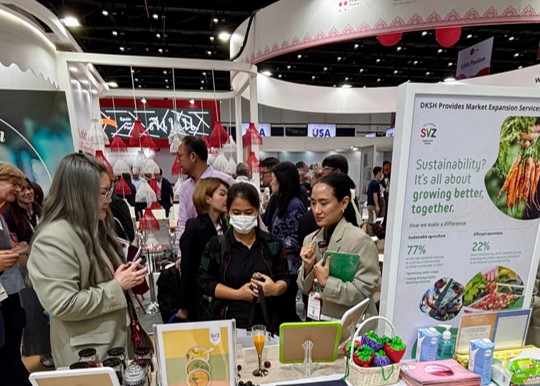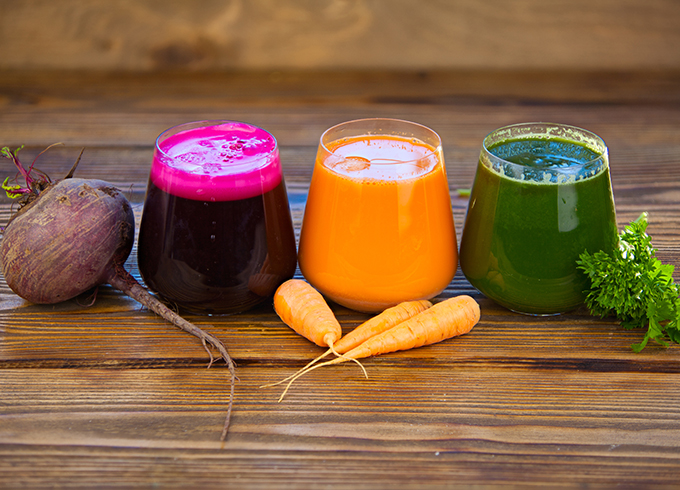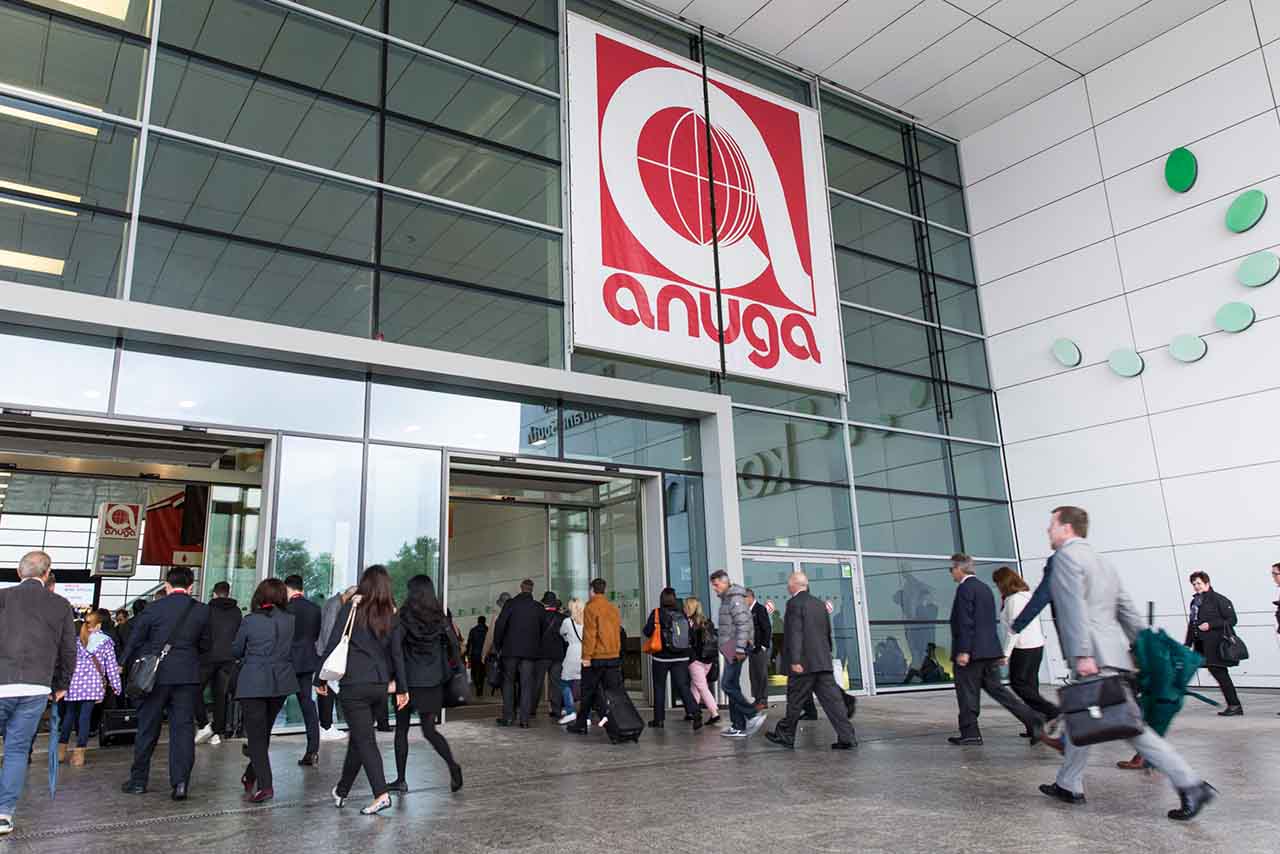Cutting water use and GHG emissions: first outcomes from the Farmer Innovation Fund

Last year, SVZ proudly announced its collaboration with innocent drinks as part of the Farmer Innovation Fund—a project aimed at optimising water in the strawberry supply chain in Spain. The focus? Promote sustainable strawberry farming through improved water use efficiency and reduced greenhouse gas (GHG) emissions. Just one season on, early results from this precision irrigation trial are in—and they’re promising. Farmers’ openness, curiosity and willingness to trial and adapt new solutions have been fundamental throughout this journey. We’re hopeful that the right technology, used in the right way, can support both people and the planet. Read on to find out how we got on so far!
Planting the seeds of change
Soil is the farmer’s most valuable asset—but today, it’s under pressure. From shifting climate patterns to rising input costs, growers face mounting challenges that threaten productivity and long-term viability.
This pilot project was launched to explore how innovation in agricultural technology can help. With support from innocent’s Farmer Innovation Fund, SVZ partnered with Optiriego Consulting and Cuna de Platero to implement HIDRIX, a smart on-demand irrigation system, across three strawberry farms in Doñana, Spain—an area increasingly impacted by water scarcity. The project’s goal was clear: to improve water use efficiency and reduce carbon impact across SVZ’s supply chain in Huelva, Spain.
Precision in practice – the journey
HIDRIX acts as an ‘autopilot’ for irrigation, using in-field sensors and predictive agroclimatic models to deliver exactly what strawberry plants need, when they need it. Its real-time decision making adjusts water delivery in response to crop and climate conditions to create optimal growing environments with minimal waste.
Installation in two farms began in October 2024, followed by training and system checks. A third farm, using hydroponic cultivation, a method that grows plants in nutrient-rich water solutions without soil, joined the trial in January 2025. Since activation, HIDRIX has operated autonomously, responding dynamically to plant needs and growth stages.
Throughout the season, the project team worked closely with on-farm technicians to monitor performance, analyse data and fine-tune usage. The system tracks irrigation events, including key parameters like pH and electrical conductivity, allowing for more precise fertiliser and water management.
Preliminary observations also suggest that plots using on-demand irrigation appear “healthier”, with significantly less excess water in the crop rows. This not only contributes to water conservation, but also helps reduce the risk of phytosanitary issues, such as root rot and fungal disease—an added benefit of more balanced soil moisture. In hydroponic systems, where precision is critical, HIDRIX enables growers to precisely manage inputs by monitoring both water application and drainage, supporting efficient and consistent crop care.
Progress in numbers
While HIDRIX continues to learn and adapt, and we work closely with growers to achieve the greatest possible optimisation for sustainable strawberry farming in Spain, the first year’s results are already promising. As of April 2025, we are proud to share that all three farms recorded a reduction in water usage compared to their standard practices:
- Farm 1: 11% less
- Farm 2: 4% less
- Farm 3: 23% less
That’s an average saving of 12.7%—a significant achievement in just the first season of use!
What’s next?
As climate pressures intensify, innovations like HIDRIX provide a practical path forward—helping growers meet sustainability goals while protecting yields. For SVZ, this pilot is just the beginning. Before introducing HIDRIX, we carried out a baseline Life Cycle Assessment (LCA) to better understand on-farm GHG emissions. A follow-up LCA will help us evaluate the extent to which HIDRIX has contributed to reducing GHG emissions at the farm level. The learnings gathered will be shared across the wider grower network, with the long-term goal of expanding access to precision technologies that safeguard resources and enhance farm resilience. With the right tools, and the right partnerships, building a more sustainable future for fruit and vegetable farming is not just possible—it’s already happening.


